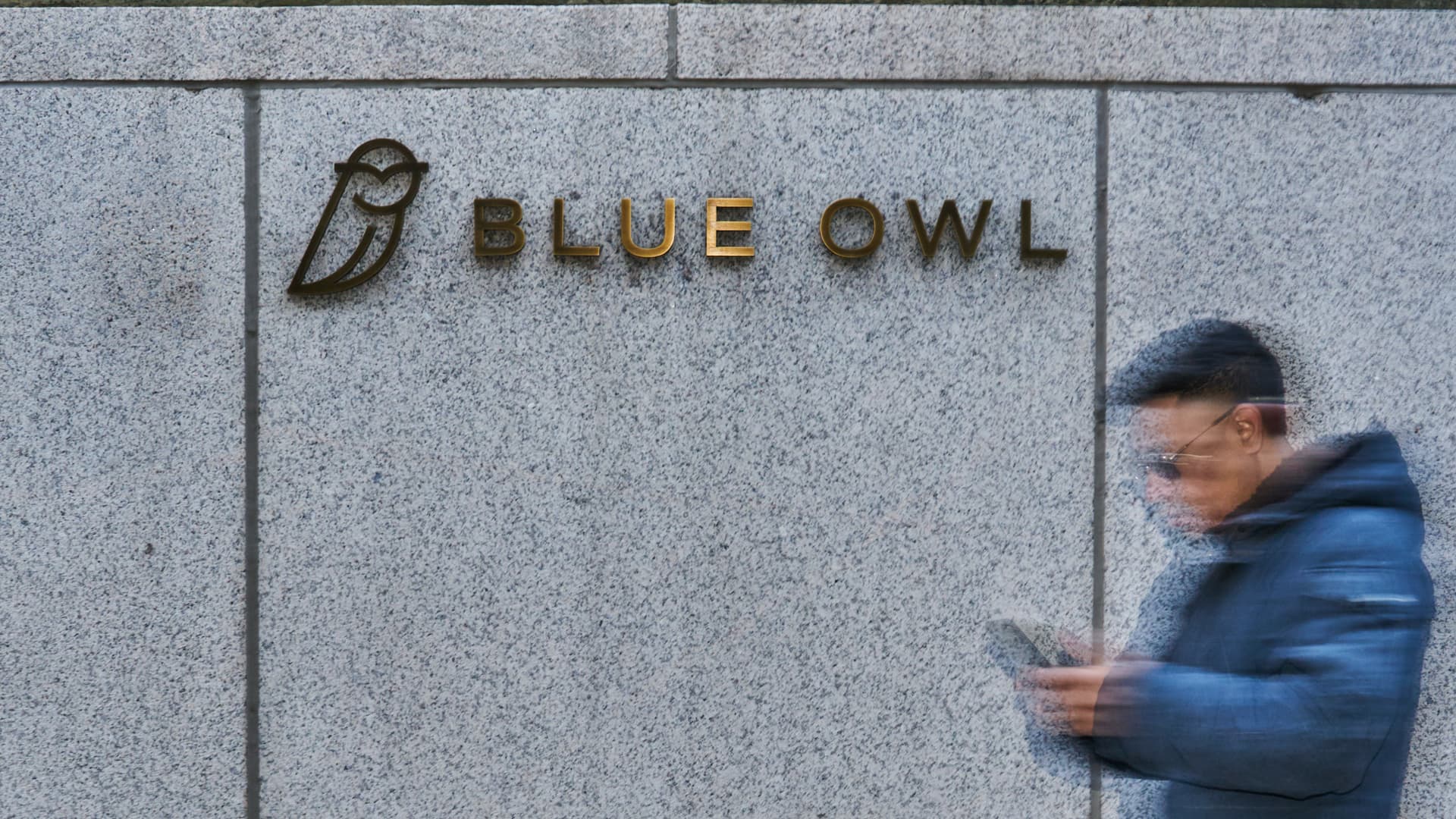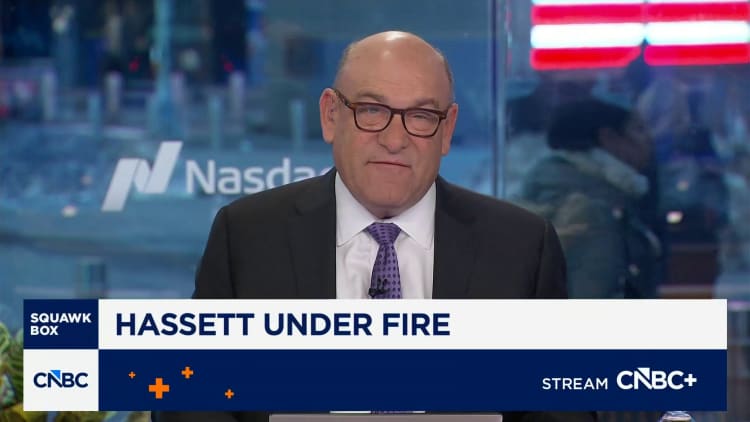What Is It, Is It Worth It?

Your car insurance policy covers accidents and related damages, but it’s no help for a worn-out brake or stalled transmission.
That’s where mechanical breakdown coverage (MBI) comes in. It covers unexpected mechanical or electrical issues after your manufacturer’s warranty expires or if your warranty doesn’t include that repair.
MBI is usually purchased as an add-on to your car insurance, but there are third-party providers like Endurance that sell standalone service contracts.
Here’s what you need to know about how mechanical breakdown coverage works, what it covers, who offers it, and more.
Mechanical breakdown insurance
What is mechanical breakdown insurance?
Mechanical breakdown insurance, also called an extended service plan or protection package, covers the essential internal components of your car if they fail due to wear and tear.
Your policy will pay up to a specified limit stated in your contract for the parts and labor needed, although there may be a deductible to meet first.
Some brands allow you to choose the repair shop, while others require you to choose from their network of garages.
Your policy is secondary to a manufacturer’s warranty, however, and usually isn’t available until after that has expired.
Note: Although both cover mechanical repairs, MBI is different from an extended warranty, which is usually offered by your car’s manufacturer.
The biggest differences are in cost and contract term. MBI costs about $30 to $100 a year, while extended warranties can run into the thousands and either be a one-time expense or an ongoing annual payment. Extended warranties can last beyond the 100,000 miles most MBIs are good for, however.
What does mechanical breakdown insurance cover?
While the covered items and events varies by contract and provider, mechanical breakdown insurance typically covers:
- Engine
- Transmission
- Steering
- Axles
- Suspension
- Exhaust system
- Fuel system
- Brakes (excluding routine wear items like pads)
- Air conditioning/heating
- Electrical systems (alternator and starter)
Some policies cover indirect damage caused by the mechanical failure, and some include roadside assistance, which pays for tows, jumpstarts and lockouts. If you’re stranded, your plan may also cover lodging and the cost of getting a temporary replacement vehicle..
MBI doesn’t help with accidents or pay for routine care, like oil changes, air filters, fluids, brake pads, wiper blades, or tune ups
It also doesn’t cover intentional damage, corrosion or damage caused by neglect or misuse.
Who offers mechanical breakdown insurance?
Mechanical breakdown insurance is usually available from major and regional car insurance providers, as well as some third-party companies that offer vehicle service contracts.
Best for older cars
Endurance Extended Car Warranty
-
Policy highlights
Six tiers of coverage with no middleman or mileage restrictions. Advantage plan covers regular maintenance (like oil changes), which is typically excluded. Plans can be canceled within 30 days for a full refund.
-
Coverage
Engine, transmission, air conditioning, fuel system, electrical, tire and windshield (from road hazards), key fob replacement, 24-hour roadside assistance.
-
Requirements
Accepts vehicles up to 20 years old with no mileage cap
-
Terms
Covers up to eight years or 200,000 miles
-
Choose your garage?
-
Availability
Endurance offers car warranties in all U.S. states except Massachusetts. In California, policies are sold as mechanical breakdown insurance
Pros
- No mileage cap for approval
- Covers tire damage from road hazards
- Advantage plan covers regular maintenance like oil changes and brake pad replacements
- Plans are transferable if you sell your vehicle.
Cons
- Higher premiums than some competitors
Endurance sells standalone MBI service contracts and covers cars up to 20 years old with no mileage cap. Contracts can cover repairs up to $10,000 or the trade-in value of your car as determined by J.D. Power, whichever is lower.
Best for choosing your own garage
Good Sam Mechanical Breakdown Insurance
-
Policy highlights
Available as a standalone product for cars, RVs and motorhomes.
-
Eligibility
Cars, RVs and motorhomes worth up to $60,000 that are under 15 model years old or with up to 100,000 miles. Renewable for 18 years or 150,000 miles
-
Coverage
Engine, transmission, drive axle, electrical, air conditioning, fuel systems and more (brakes excluded). $100 a day for lodging and food, $60 for rental car
-
Availability
Good Sam offers mechanical insurance throughout all 50 states and Canada.
-
Cost
$39 Good Sam annual membership plus monthly premium.
Pros
- No inspection or annual mileage restriction
- Parts and labor included
- Can be bundled with Progressive auto insurance
Cons
- Not available for cars over 100,000 miles
- May be harder to get coverage for older vehicles
Available by membership, Good Sam’s MBI policy allows users to pick their repair shop. Just call the claims number on your policyholder card, give the card to your garage and they’ll handle the rest. If you’re stranded, Good Sam pays up to $100 per day for lodging and meals and up to $60 a day for a rental car.
Best for affordability
Progressive Auto Insurance
-
Policy highlights
Progressive offers an array of riders, including rideshare insurance and a Deductible Savings Bank that deducts $50 each policy period you go without a claim. It also offers mechanical breakdown insurance, which covers unexpected major systems failures.
-
Accident forgiveness
-
Availability
Progressive auto insurance is available nationwide
Pros
- Available in all 50 states
- Low rates for drivers with DUIs
- Non-owner car insurance and SR-22 certificates available
- Offers vanishing deductible as well as accident forgiveness
Cons
- Below-average customer satisfaction ratings from J.D. Power
- Above-average number of complaints
- Snapshot safe-driving discount program could result in rate increase
Progressive customers can get MBI for as little as $12 per month, with cars 2 model years or newer accepted and renewability available until the vehicle reaches 8 years old. It also covers minor cosmetic dents and dings and key fob replacement with no deductible.
Best for broad coverage: Allstate
Allstate Auto Insurance
-
Policy highlights
Allstate offers full coverage auto insurance, with add-ons like accident forgiveness, rideshare insurance and mechanical breakdown insurance. Allstate’s MileWise pay-per-mile plan can save infrequent drivers up to 40% over a traditional policy.
-
Accident forgiveness
-
Availability
Allstate is available in all 50 U.S. states and Washington, DC
Pros
- Highly rated for claims processing by J.D. Power.
- Up to 25% off with Allstate’s Drivewise telematics app
- Pay-per-mile insurance in 18 states.
- Rideshare insurance available
Cons
- Rates are higher than competitors, especially for high-risk drivers
- Rated below average for overall customer satisfaction in most regions
The Extended Vehicle Care plan available to Allstate car insurance customers comes with coverage for the engine, transmission, drive axle, steering, suspension, transmission, emissions and exhaust, as well as for AC/heating, seats and seat belts. Repairs come with a $50 deductible and policyholders can choose their repair shop.
Best for renewals: Geico
Geico Auto Insurance
-
Policy highlights
Accident forgiveness after 5 years. Add-ons include roadside assistance, rental car reimbursement and mechanical breakdown insurance.
-
Discounts
16, including multi-car, safety/security systems, bundling, new car, clean driving record, defensive driver, military, homeownership and autopay.
-
Availability
Geico auto insurance is available in all 50 U.S. states and Washington, D.C.
Pros
- Lower average rates for most drivers
- Can easily purchase and manage policy online
- Mechanical breakdown insurance
- Policies are available nationwide
Cons
- No gap insurance
- Few branches for in-person services
- Ranks below average for customer service and claims on J.D. Power surveys
If you have Geico auto insurance, you can get MBI on a covered car up to 20 model years old or with 150,000 miles. There’s no inspection required and you can renew for up to seven years or 100,000 miles.
Pros and cons of mechanical breakdown insurance
Here are the pros and cons to be aware of before you buy a policy.
Pros of mechanical breakdown insurance
- Can cover expensive repairs
- May be cheaper than an extended car warranty from the dealership
- Lasts longer than an extended warranty
Cons of mechanical breakdown insurance
- Not available for older or higher-mileage cars
- Often requires a deductible
- Coverage is usually capped at a specific dollar amount or the car’s trade-in value
How much does mechanical breakdown insurance cost?
The cost of mechanical breakdown insurance depends on the provider, as well as the make model, mileage and age of your vehicle. You may get a lower rate if you buy it directly from your auto insurer than if you get a quote for standalone coverage from a third-party company.
Mechanical breakdown insurance from insurance companies costs between $30 and $100 a year, according to MarketWatch, plus any deductibles.
Premiums are significantly higher for standalone policies: When CNBC Select gathered quotes for a 2020 Toyota Corolla in Florida with 30,000 miles on it, we received a quote of about $33 a month from Good Sam and $122 a month from Endurance.
These plans are still typically cheaper than an extended warranty from a car dealership, which can cost more than $1,000 a year. The expense can be even higher if your warranty is rolled in with your auto loan and you’re paying interest.
Is mechanical breakdown insurance worth it?
Mechanical breakdown insurance can be a good idea if you have an older or used car that will need regular repairs but is still within the coverage limits. You may save money by getting a policy from your insurance company, rather than from a third party.
Before you buy, see if your car is still covered by its manufacturer’s warranty, which can last 3 years or 36,000 miles — or longer, depending on the manufacturer and part. If your warranty is valid, you’d need to use it before your MBI policy was valid.
Manufacturer warranties follow the car, not the owner, so it could still be valid for a car you bought used.
Mechanical breakdown insurance FAQs
How much does MBI cost?
Mechanical breakdown insurance, or MBI, can cost anywhere from $100 per year to over $100 per month, depending on how you buy, the make and model of your car, and its age and mileage.
Is mechanical breakdown insurance worth it?
Mechanical breakdown insurance may be worth it if you’re worried that you couldn’t afford a large repair bill on your own. It might not be the right fit, however, if your car is newer and still has its manufacturer’s warranty.
Subscribe to the CNBC Select Newsletter!
Money matters — so make the most of it. Get expert tips, strategies, news and everything else you need to maximize your money, right to your inbox. Sign up here.
Why trust CNBC Select?
At CNBC Select, our mission is to provide our readers with high-quality service journalism and comprehensive consumer advice so they can make informed decisions with their money. Every mechanical breakdown insurance review is based on rigorous reporting by our team of expert writers and editors with extensive knowledge of insurance products. While CNBC Select earns a commission from affiliate partners on many offers and links, we create all our content without input from our commercial team or any outside third parties, and we pride ourselves on our journalistic standards and ethics.
Our methodology
When available, we considered the cost of an MBI policy, collecting quotes for a 2020 Toyota Corolla with 30,000 miles in Orlando, Florida.
We also considered what each plan covered, any applicable limits, state availability and customer service using data on consumer reviews and complaints from the Better Business Bureau.
We also considered CNBC Select audience data when available, such as general demographics and engagement with our content and tools.
Catch up on CNBC Select’s in-depth coverage of credit cards, banking and money, and follow us on TikTok, Facebook, Instagram and Twitter to stay up to date
Editorial Note: Opinions, analyses, reviews or recommendations expressed in this article are those of the Select editorial staff’s alone, and have not been reviewed, approved or otherwise endorsed by any third party.
<





